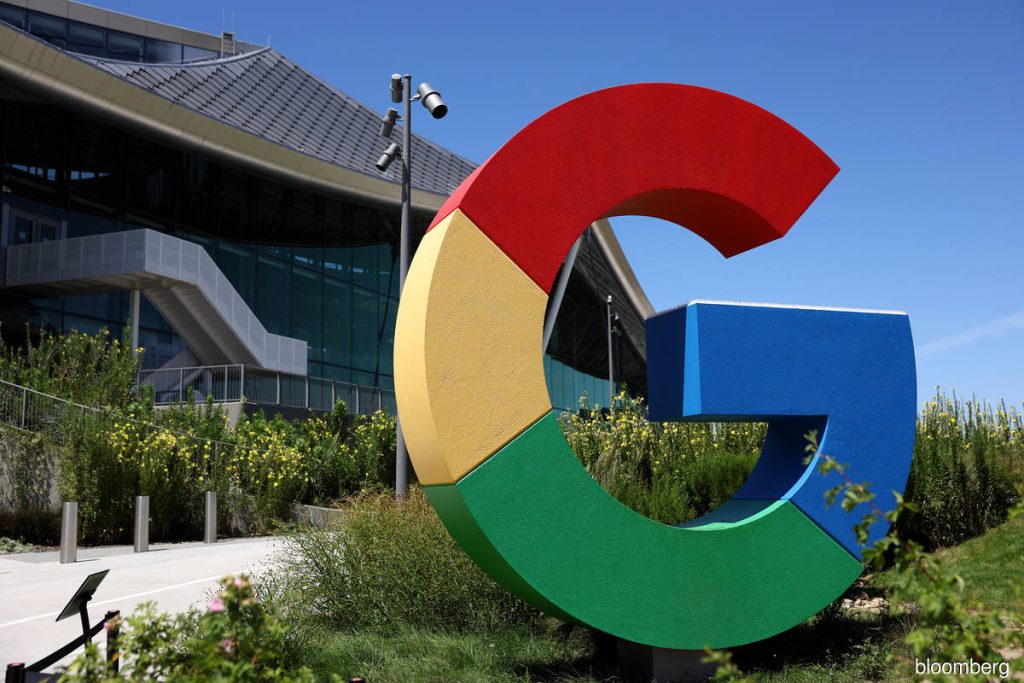Alphabet Inc., the parent company of Google, has criticized the U.S. Justice Department’s (DOJ) plan to force the tech giant to sell its Chrome web browser. Google labeled the proposal as “extreme” and contradictory to established legal precedents. In a recent court filing, the company urged federal judge Amit Mehta to exercise caution, warning that such measures could hinder innovation and deter future investments.

The DOJ’s Proposal and Google’s Response
In a late-Friday court submission, Google officially responded to the DOJ’s request to divest its Chrome browser as part of remedies to address antitrust violations. According to the DOJ, the proposed action aims to foster competition in the online search and advertising markets, where Google holds a dominant position.
Google’s filing argued that the proposed remedy is disproportionate to the violations identified by the court. The company maintained that the judge’s findings of illegal conduct pertain to exclusive contracts with smartphone manufacturers, web browsers, and telecom carriers—not to the ownership or operation of its Chrome browser.
“Extreme remedies are discouraged by courts,” Google stated in its filing, emphasizing that any corrective action should align with the nature of the violations.
Proposed Remedies: Google’s Perspective
In a blog post, Lee-Anne Mulholland, Google’s vice president for regulatory affairs, outlined the company’s alternative solutions. These include:
- Freedom for Competing Browsers: Allowing rival browsers, such as Apple’s Safari, to enter agreements with search engines of their choice.
- Revenue-Sharing Flexibility: Enabling Google to continue sharing revenue with competing browsers.
- Multiple Defaults: Supporting multiple default search engine options across platforms.
- Device Manufacturer Autonomy: Permitting device makers to pre-install multiple search engines and eliminating requirements to bundle Chrome or Google Search with other Google apps.
Background of the Legal Battle
Earlier this year, Judge Mehta ruled that Google’s exclusive contracts with Apple and other companies to make Google the default search engine constituted unlawful monopolistic practices. The DOJ and several states argued that these practices stifled competition and harmed consumers by reducing choices in the online search market.
The DOJ’s proposed remedies include the sale of Chrome and additional measures to limit Google’s dominance. Google’s legal team contends that such actions would be unprecedented and could have far-reaching implications for the tech industry.
Financial Implications of a Potential Sale
Industry analysts estimate that Chrome’s value could reach $20 billion if a forced sale is ordered. Chrome’s market share and integration with Google’s ecosystem make it a cornerstone of the company’s business strategy. A divestiture would not only disrupt Google’s operations but also alter the competitive landscape of web browsing and online advertising.
Google’s Stance on Antitrust Allegations
Mulholland emphasized that Google’s investments in Chrome, artificial intelligence, and other innovations are not inherently anti-competitive. “If the DOJ believed these developments were problematic, it could have filed separate cases. It did not,” she wrote.
The company also highlighted its plans to appeal the court’s ruling, though the appeal process cannot begin until the case concludes. A hearing is scheduled for April 2024 to determine remedies, with a final decision expected by August 2025.
Potential Impact on Consumers and the Tech Industry
If Google is forced to sell Chrome, the decision could set a precedent for how antitrust cases are resolved in the tech sector. While the DOJ views the move as a way to enhance competition, critics argue that such drastic measures could lead to unintended consequences, including reduced innovation and fragmented user experiences.
The battle between Google and the DOJ underscores the complexities of regulating Big Tech in a rapidly evolving digital landscape. As the legal proceedings unfold, the outcome will likely shape the future of competition and innovation in the tech industry.
Frequently Asked Questions (FAQs)
1. Why does the DOJ want Google to sell Chrome? The DOJ believes that selling Chrome would reduce Google’s dominance in the online search market and promote competition. The proposal is part of remedies for Google’s alleged antitrust violations.
2. How has Google responded to the DOJ’s proposal? Google has called the proposed sale “extreme” and argued that it doesn’t align with the identified legal violations. The company has proposed alternative remedies to address the court’s findings.
3. What alternative remedies has Google proposed? Google suggested allowing competing browsers to form agreements with search engines of their choice, supporting multiple default search engine options, and granting device makers more flexibility in preloading search engines.
4. What could be the financial impact of selling Chrome? Industry analysts estimate Chrome’s value at up to $20 billion. A forced sale would significantly impact Google’s business operations and the broader tech industry.
5. When will the court make a final decision on this case? A hearing to determine remedies is scheduled for April 2024, with a final decision expected by August 2025.




